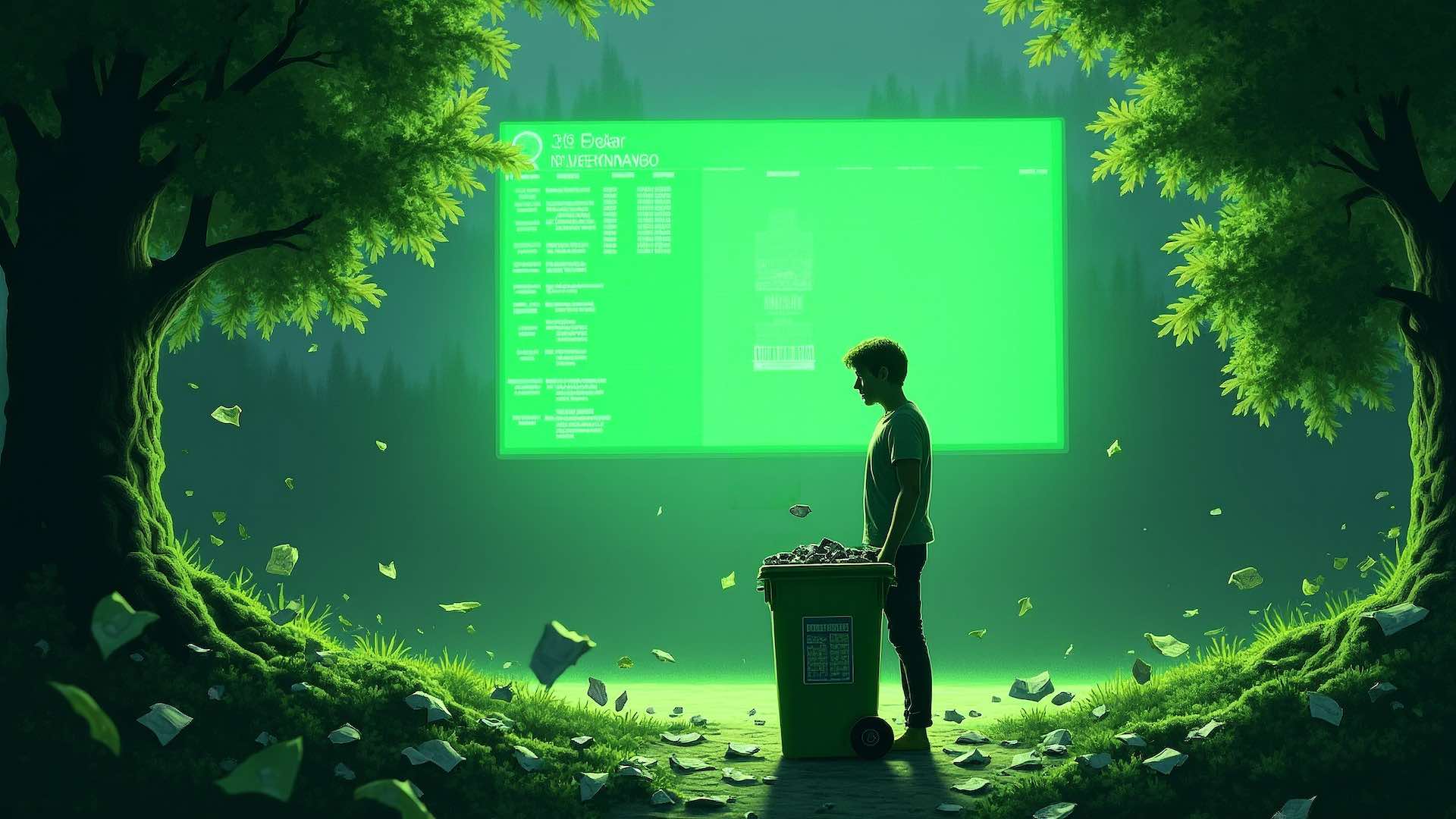
No Green Future without Economic Prosperity
- Martin Enlund
- 12/19/24
Germany, the EU’s largest economy, is once again forced to bear the label “Europe’s sick man”. The economic news makes for dismal reading. Industrial production has been trending downward for a long time. Energy-intensive production has decreased by as much as 20% in just a few years. Volkswagen is closing factories. Thyssenkrupp is laying off employees and more than three million pensioners are at risk of poverty according to a study.
Germany is facing a number of major challenges, including high energy costs and increased competition from China. In 2000, Germany accounted for 8% of global industrial production, but by 2030, its share is expected to have fallen to 3%. In comparison, China accounted for 2% of global industrial production in 2000, but is expected to account for nearly half (45%) of industrial production in a few years. This is according to a report from the UN’s Industrial Development Organization.
Germany’s electricity prices are five times higher than China’s, a situation that poses a significant obstacle to maintaining a competitive position. The three main reasons are the phase-out of nuclear power, the sabotage of Nord Stream, and the ongoing energy transition, also known as Energiewende. Upon closer inspection, it is clear that industrial production has been trending downward since the transition to a greener economy began to be prioritized.
Germany’s former defense minister, EU Commission President von der Leyen, called the European Green Deal Europe’s “man on the moon” moment in 2019. This year, she has launched increased focus on these green goals.
However, the EU as a whole has fallen behind the US year after year. European companies have significantly higher energy costs than their American competitors, with electricity prices 2-3 times higher and natural gas prices 4-5 times higher.
The Environmental Kuznets Curve is a model that examines the relationship between economic growth and environmental impact. The idea is that increased material prosperity initially leads to more environmental degradation, but after a certain threshold is passed, there is a gradual decrease. Decreased material prosperity can thus, according to the relationship, lead to increased environmental degradation, for example due to changed consumption habits (fewer organic products in the shopping basket).
This year’s election has resulted in a historic change, where all incumbent government parties in the Western world have seen their popularity decline. The pattern appears to be repeating itself in Germany next year, where Chancellor Olaf Scholz is struggling with low confidence figures ahead of the election in February, which doesn’t seem surprising. Adjusted for inflation, German wages are several percent lower than a few years ago, especially in the manufacturing industry.
Germany is still a very rich country, but the current trend towards deindustrialization and falling wages can have consequences for environmental priorities in the long run. Economic difficulties can lead to environmental issues being downgraded. Perhaps the declining support for incumbent government parties is a first sign? Somewhere along the road to poverty, people will rise up in revolt.
Cover image: AI


